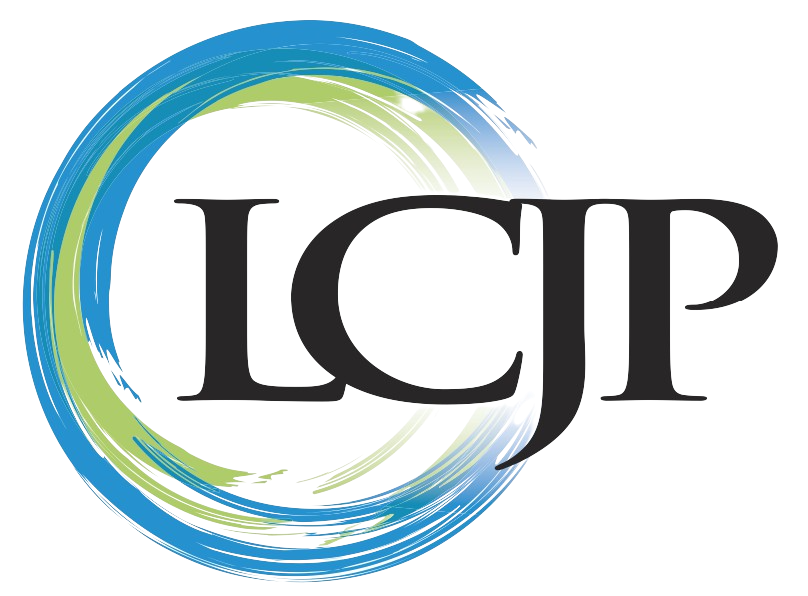Community Strength Through Restorative Justice: Officer Jared Goecke
Officer Jared Goecke
How Restorative Justice Creates Strong and Resilient Schools and Communities
At LCJP, second and third chances are a vital part of our core values. As an organization, we believe that a deep well of empathy and compassion is what creates resilient communities, strong school systems, and impactful connections.
Officer Jared Goecke, an officer of 18 years, is familiar with the importance of community. It is clear when he speaks about home how fundamental and vital this community is to him, that strengthening community and connections is at the forefront of his priorities. While others might swell with pride, Officer Goecke simply exudes it – his hands and shoulders open as he speaks, a gesture of willingness to do difficult work.
“I grew up here in Longmont, so this is a community that I’m proud of, that I respect.” In his experience, Restorative Justice practices can be a beacon for the Longmont community. Officer Goecke has been a liaison for Longmont Community Justice Partnership for four years and has developed a broad and determined sense of what restorative justice practices can offer to the community. “When I can put our community in the light, and make them (responsible parties) understand what this community means, then that’s a good, positive thing too.”
Officer Goecke recalls one case in which a young man, through the restorative justice process, was able to strengthen his connection to his family, as well as the community. The young man stole his family's vehicle, an adolescent mistake that could have had lifetime consequences. The impact of that decision was clear, and through restorative justice, he was able to take accountability. In doing so, he strengthened the bond he has with his family and the community. The responsible party gained skills that he can now take into the world and use throughout his life. Strengthening familial relationships and being equipped with new tools is an aspect of the Restorative Justice process that Officer Goecke says is often missing in the traditional justice process.
“That can happen in a more typical case, but it isn’t as apparent. In a typical criminal case, you get a ticket, and sometimes families don’t even know. With the RJ process, a stronger bond is created. It sinks in a little bit more. With a ticket, they just go through the process, and they usually re-offend, and you end up seeing them the next week.”
When asked about how Restorative Justice has changed his outlook, Officer Goecke observed his early days as an officer and how Restorative Justice practices allowed him to see the traditional justice process in a different way. Officer Goecke has witnessed on numerous occasions the ability Restorative Justice has to positively transform traditional outcomes for students who make mistakes.
“I’m all about second chances. When I first started at this agency, I remember learning the job and everything with it. And I was super excited to start making arrests and giving tickets. I remember starting to think about Restorative Justice in a different light. Once I started referring cases and seeing the impact it has on not only the victims and the community members, but the offenders as well, I started seeing the impact. It sank in that this is a much better way to repairing that harm.”
Officer Goecke carries the practices he’s learned through Longmont Community Justice Partnership with him into his personal life.
“As a parent and as a person, I’ve learned to be more open-minded and give more second chances. You learn to be a better person overall. I take a lot of these principles to heart.”
LCJP is incredibly thankful for the tireless work that our SRO’s are doing for the community. In highlighting these stories and their voices, we hope to create a dialogue around the importance of increasing Restorative Justice in schools and how vital the work that Restorative Justice trained SRO’s are doing.
Donate below to widen the impact that Restorative Justice has on our community, and to support SRO’s like Jared Goecke in the work of creating a culture of caring. Help us get Restorative Justice in more schools throughout our community!
We need your help to reach our goal! We have raised $9,000 so far. Can you help us get to $25,000?


